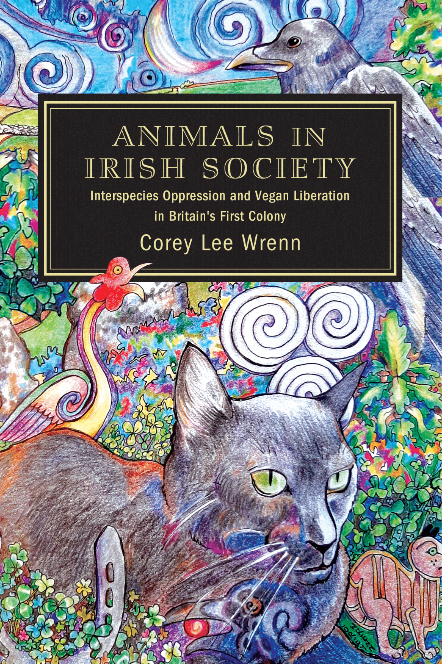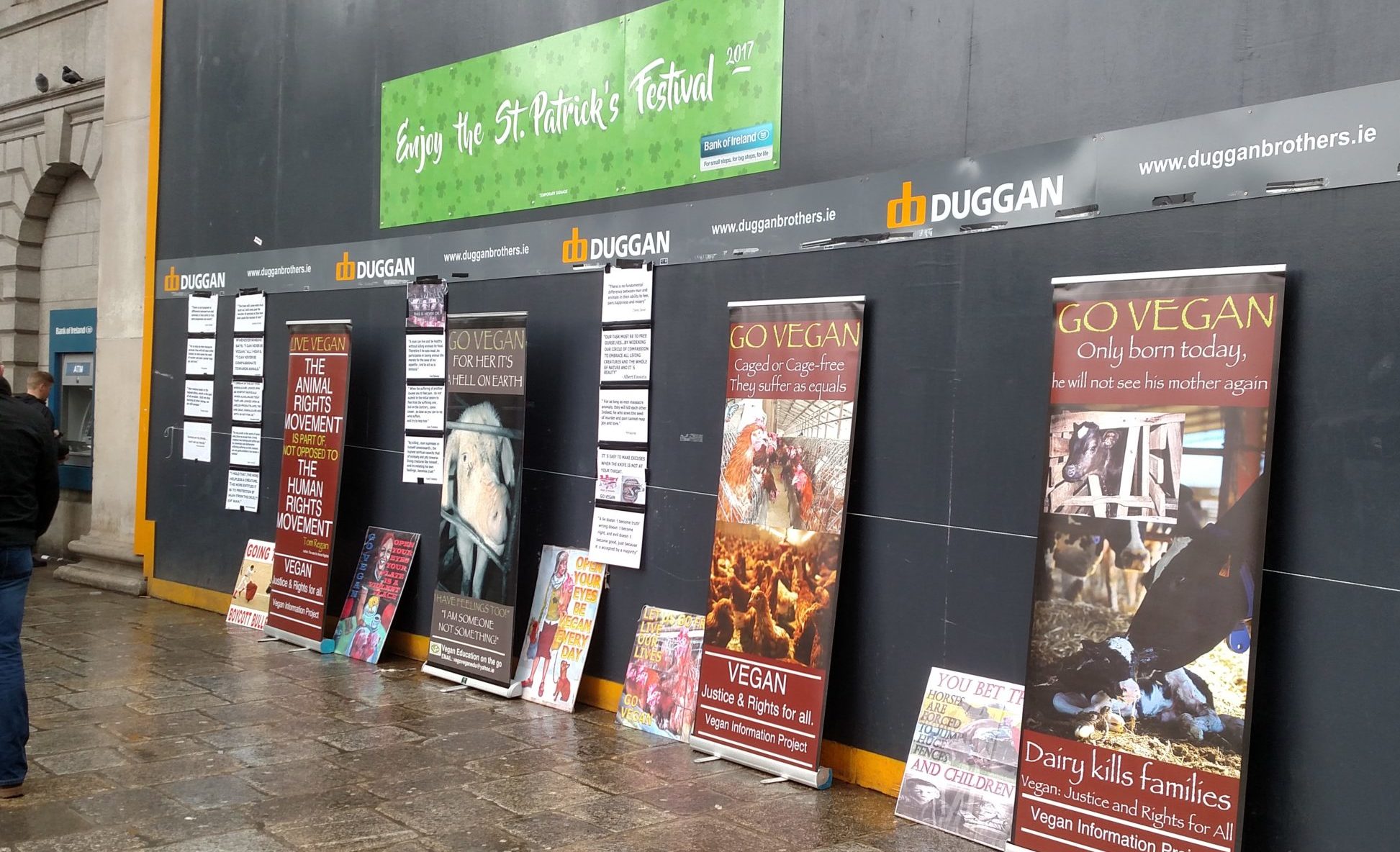Ireland today is stereotyped as a country that eats a lot of meat and dairy products. However, Ireland is actually not much different from other Western countries in this regard. For that matter, for much of Ireland’s history, its people ate nearly vegetarian and sometimes nearly vegan diets.
Historically, Ireland was a cattle-raiding society, and cows represented wealth and power. As such, they were far more valuable alive than dead. Until the modern era, most Irish people ate very few animal products given their expense. Under colonialism, this diet became even more restrictive, as the Irish peasantry were pushed off the land to make way for cows and sheep and most animal products were exported to feed Britain and its growing empire. Some vegetarian reformers of the 19th century recognized that the colonial exploitation of nonhuman animals was greatly responsible for the suffering of Irish humans.
My chapter in Dr. Laura Wright’s Routledge Handbook of Vegan Studies explores this history of vegan politics in Ireland. The legacy of both traditional Gaelic vegetarianism and restrictive colonial vegetarianism highlights the fascinating (and tragic) relationship between colonialism and speciesism. Ireland is more than just a “land of meat and potatoes”; it has much to contribute to contemporary vegan studies.

Readers can learn more about Irish vegan studies in my 2021 publication, Animals in Irish Society: Interspecies Oppression and Vegan Liberation in Britain’s First Colony.
Receive research updates straight to your inbox by subscribing to my newsletter.
